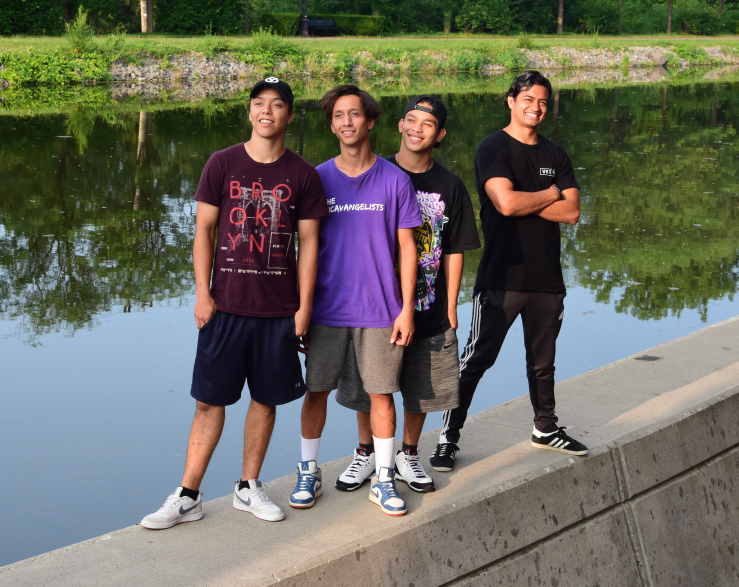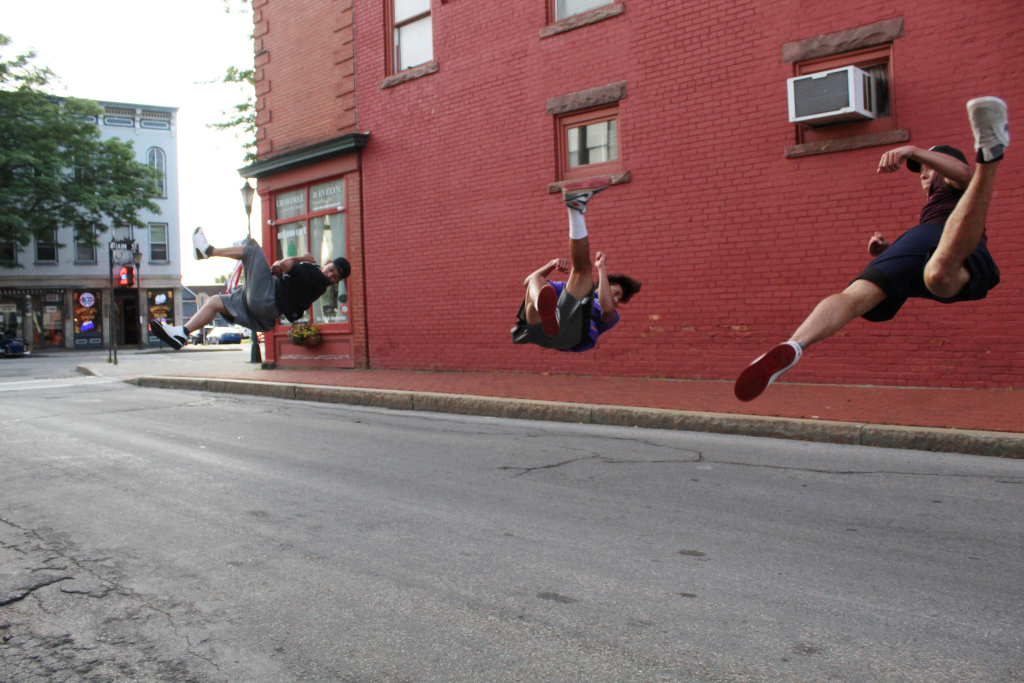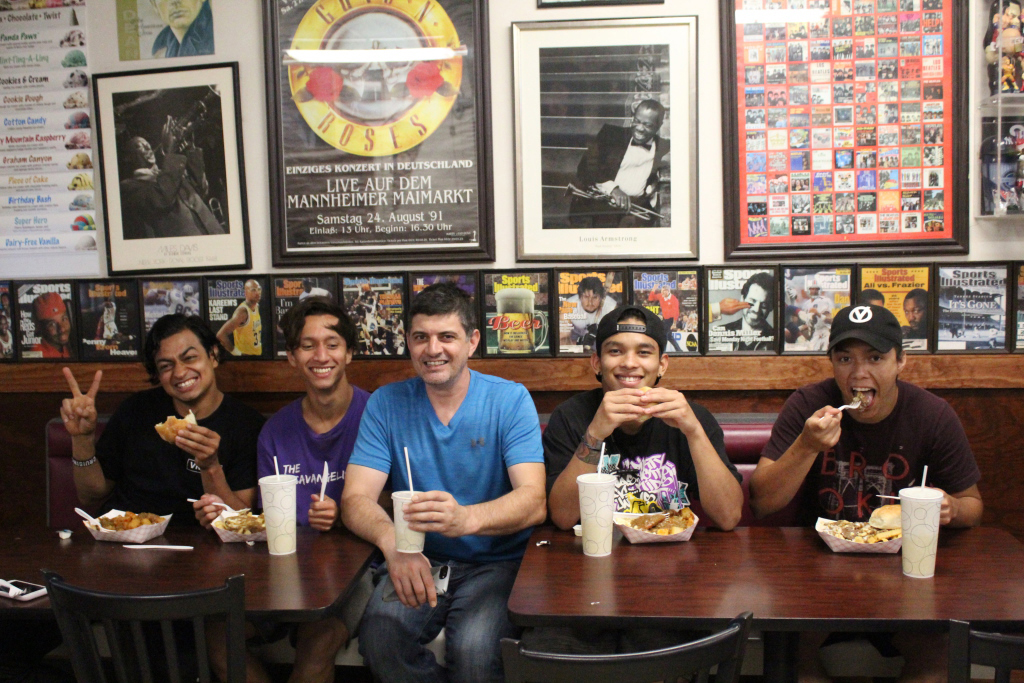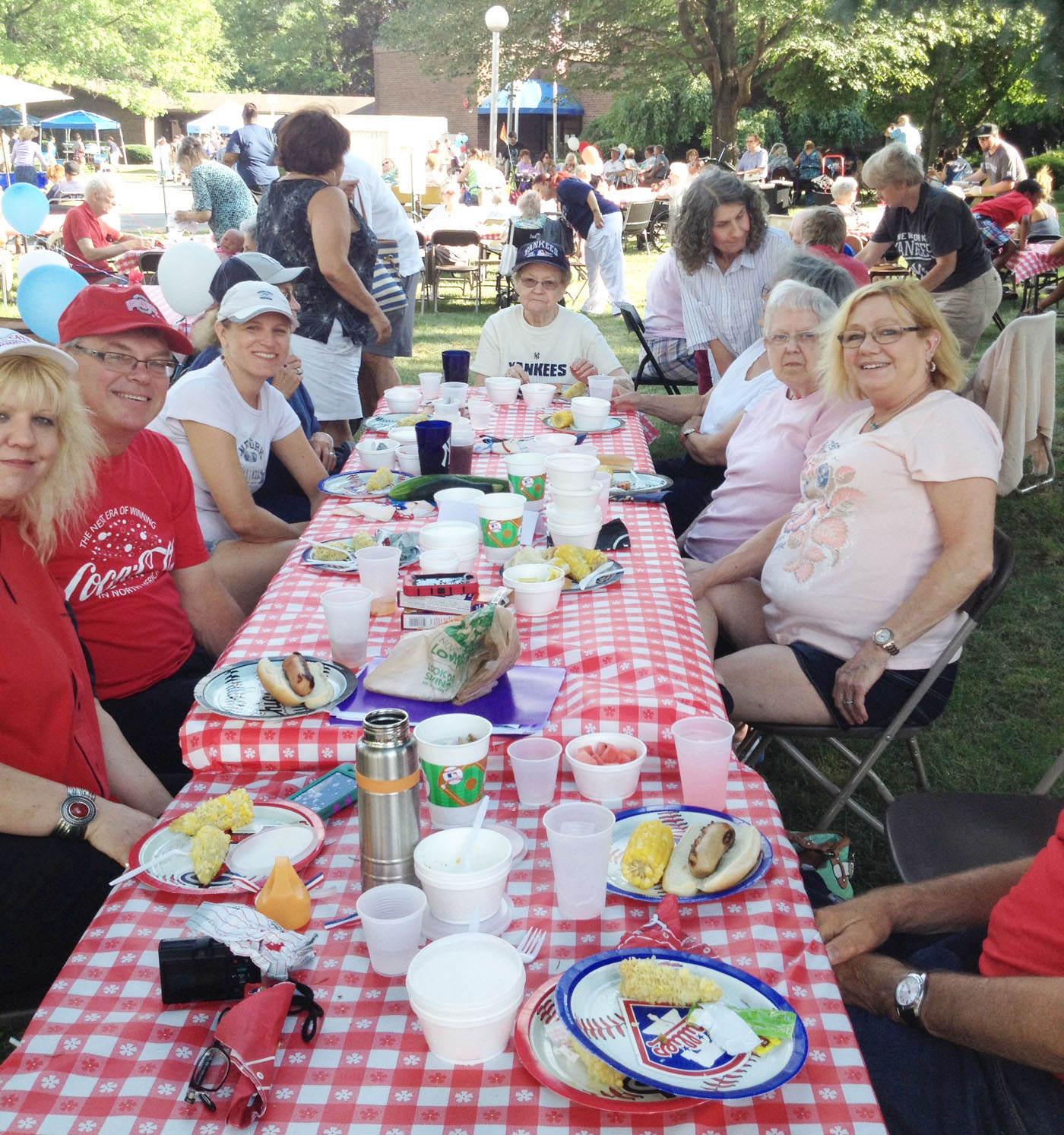Through the eyes of a Nicaraguan teen
by Julia Mungenast
They went from teenage boys living in poverty and forced into crime, trying their hardest to survive day by day, to becoming part of a group traveling the world to teach others about Nicaragua with their unique performances and spin on folk dancing.
Australian Jed Brien was teaching youth in Nicaragua and saw great potential in these young boys who were being raised in broken homes and on the streets, exposed to adult situations at a very young age. Brien started a non-profit organization that has helped to remove over 50 boys from the crime laden streets of Managua, Nicaragua, to educate them and cultivate their talents and eventually bring some of them to America to perform and share their talent while shining the light on what life was like for them in Nicaragua.
This group of young men is called the Nicavagelists. Through their talent-development program, they support enrolled participants with food, housing, clothing, an education and the chance to develop skills in performance arts such as folkdance, tricking, break-dance, martial arts, acting, singing and more.
Mario Borrel and Deybel Cortez are both 19-year old Nicaraguan dancers who trained and worked hard to be able to come to America in January 2018 through the Nicavangelists program. They perform internationally and are constantly traveling to showcase their talents. Looking at them one might see their fun spirit and incredible physical abilities in their dance moves, but what is not visible are the challenges and struggles they have experienced in their young lives and their journey to get here.
Mario came to America at 17 as a dancer in the Nicavangelists troupe. He left his mother, two sisters, and one brother behind in Nicaragua. Mario’s alcoholic and physically abusive father abandoned the family when he was only 13. Mario was forced to quit school in ninth grade and step up to be the man in his family. Going from young teen to instantly assuming responsibilities of man of the home led Mario down paths that often seemed like dead ends. He turned to drugs and had no dreams or goals for the future.
Deybel also joined the group to become a dancer, and came to America at age 18. The Nicavangelists recognized his strong leadership qualities, which the dance troupe needed. Deybel grew up with his three younger sisters and lived with his grandparents due to conflict at home. Deybel also stopped attending school in ninth grade when he needed to get a job and began working in construction. He was also led into drinking at a young age, which is not unusual in Nicaraguan culture.
Despite the adversity Mario and Deybel grew up with in Nicaragua, they spent their free time doing what many other teens in Nicaragua do – playing soccer, baseball, and boxing for fun. They would also go to the park to connect to the WiFi and use apps like Whatsapp, Snapchat, Instagram and Facebook. Unlike in the United States, parks are one of the few places for the people of Nicaragua to access WiFi. The alternative was to pay $1 per hour for the phone usage to get online which most Nicaraguan teens cannot afford.
Medical care and dental care in Nicaragua is very different than in this country. Preventative care is not common. Self-diagnosis and self-medication are frequent practices as doctors are only seen in an emergency. Insurance is not available and the government runs the hospitals. Those who are sent to the hospital are responsible for bringing their own bed linens, their own food, and even their own medication.
Schools are also very different. Kids sit in the rooms waiting for teachers who may never come in to teach them. Attendance is not enforced. Both Deybel and Mario recall that the chairs and desks were old and broken, no money is supplied for books, and there are no drinking fountains. Classrooms are very small and crowded. School times are 7 a.m. to noon for elementary school and 1 to 5 p.m. for high school.
Staying in western Monroe County while here in America has been a big adjustment for the boys. They see how much more privileged life is in America. They loved all the opportunities America has to offer, but found a lot of things odd. Both boys were surprised to see how Americans smile with their teeth, they couldn’t understand why and found it silly. “Back home in Nicaragua people did not show so much teeth when they smiled,” said Deybel. Another large difference is McDonalds. In the U.S. we see it as fast food that’s also inexpensive. To them it is one of the fanciest chain restaurants in Nicaragua – a place they would get dressed up to visit.
The boys love the people they have met and become friends with since their arrival, but they find it harder to make new friends than it was back in Nicaragua. Where they grew up everyone talked to each other, even strangers off the street. Kids were always playing outside and not in their homes much. The boys find it odd that Americans are not outside as much and seem to keep to themselves when out and about. According to Mario, “We would only see the neighbor when the garage door went up and a car pulled out, then hours later the garage went up and the car pulled back in.”
Despite the differences here, Mario and Deybel have adjusted well and are beginning to appreciate American culture while keeping their Nicaraguan personalities and fun-loving spirits. They even got a taste of traditional Rochester at Jimmy Z’s when they ate their first “plates.”
Mario and Deybel appreciate the opportunity to train and perform, doing what they love while working towards building a solid life. They both now have visions for a future and dreams they hope to chase as they continue their educations. Deybel wishes to be a doctor and Mario wishes to be a dentist or nurse. America has provided a safe place for these young men to grow and pursue hopes and dreams that wouldn’t have been possible in Nicaragua.
There are many other boys just like Deybel and Mario on the streets of Managua who are trying to overcome the obstacles from which their country is suffering. Jed Brien continues trying to help boys who are facing similar circumstances in Nicaragua, working with at-risk youth and helping to educate them and train them to excel in the talent-development program.
The boys are trained in Miskito folkdance, which is infused with tricking and break-dance. Miskitos are an indigenous group from the Caribbean Coast of Nicaragua. Tricking is an art form that has evolved over the centuries from African slaves, and incorporates gymnastics and martial arts, as well as other movement genres. The production is completely choreographed by The Nicavangelists’ troupe members, with assistance from the director of Nicaragua’s premier Academy of Dance. Those who excel in the talent-development program are given the chance to leave the Managua-based development center and tour abroad, performing like Mario and Deybel.
However long Mario, Deybel and the other Nicavangelists stay in the United States, they will endeavor to create a positive impact on the Americans they meet and entertain with their culturally unique folk dancing, and are grateful for the positive impact American culture is having on them.
For more information visit https://www.nicavangelists.com/



Photos by
Kathryn Dishong and Julia Mungenast




